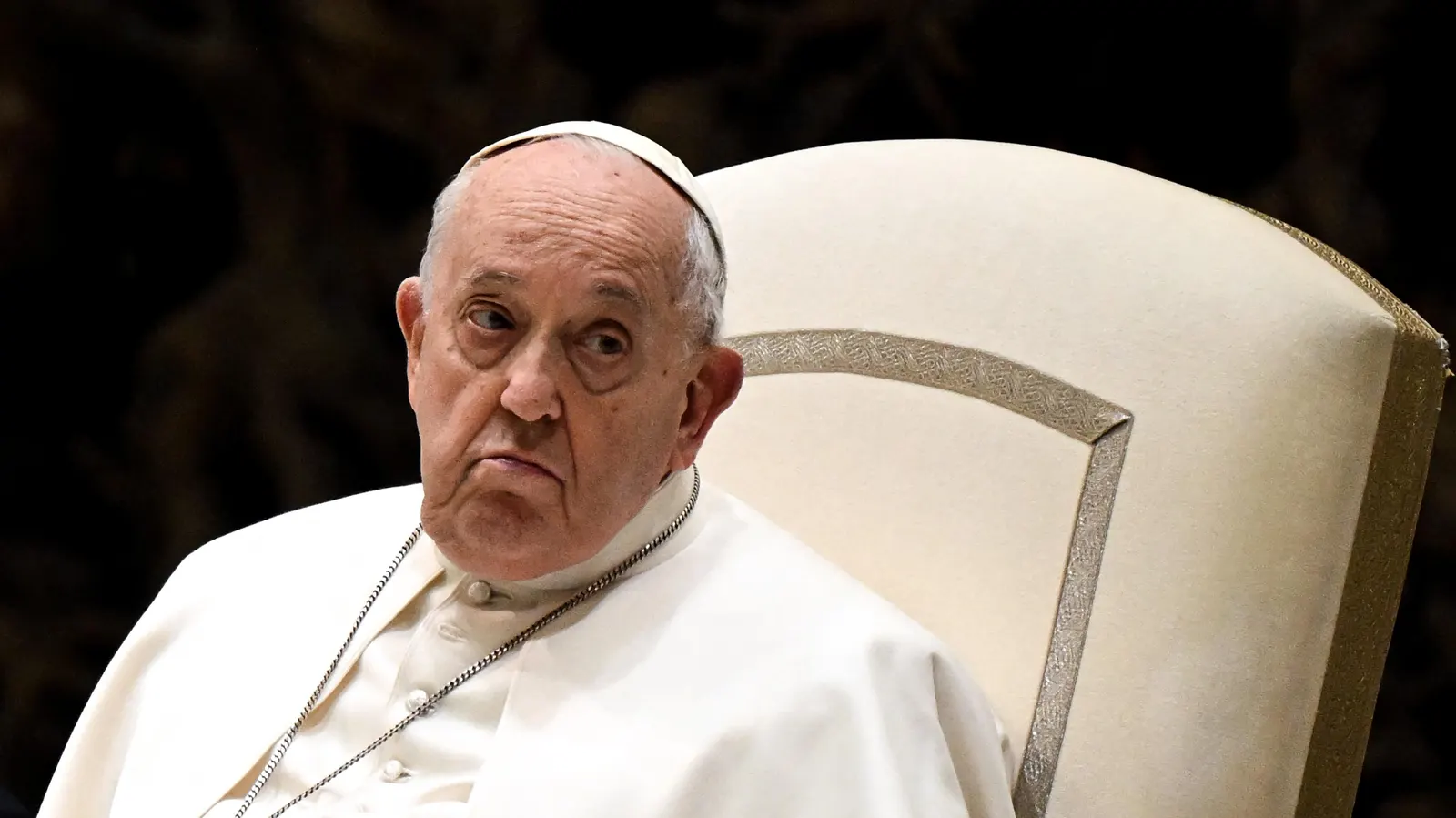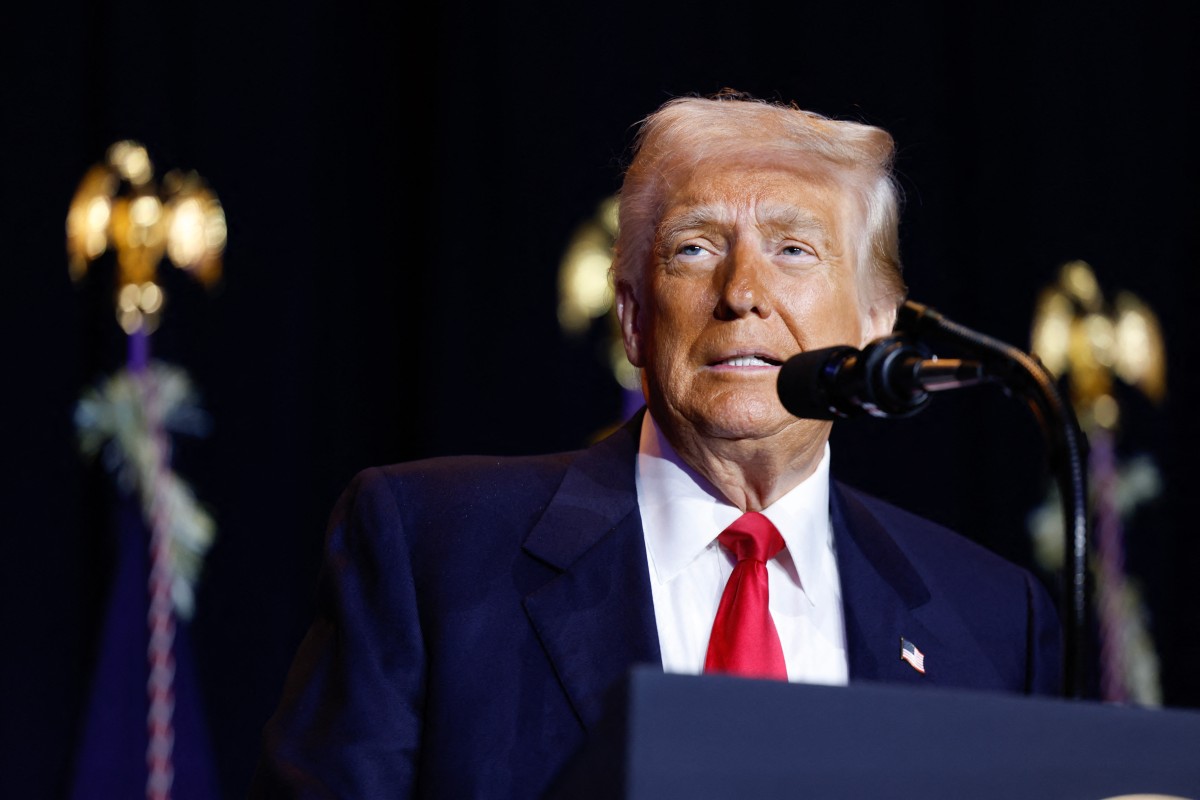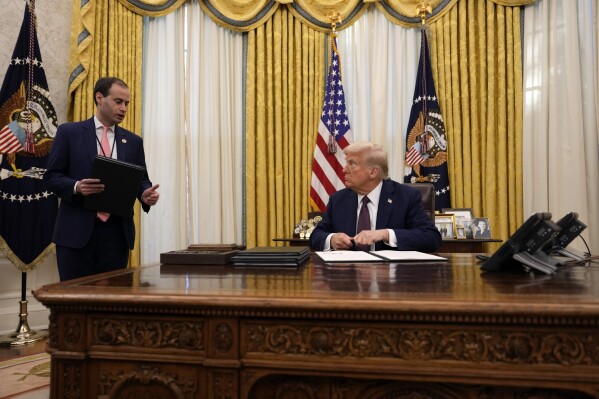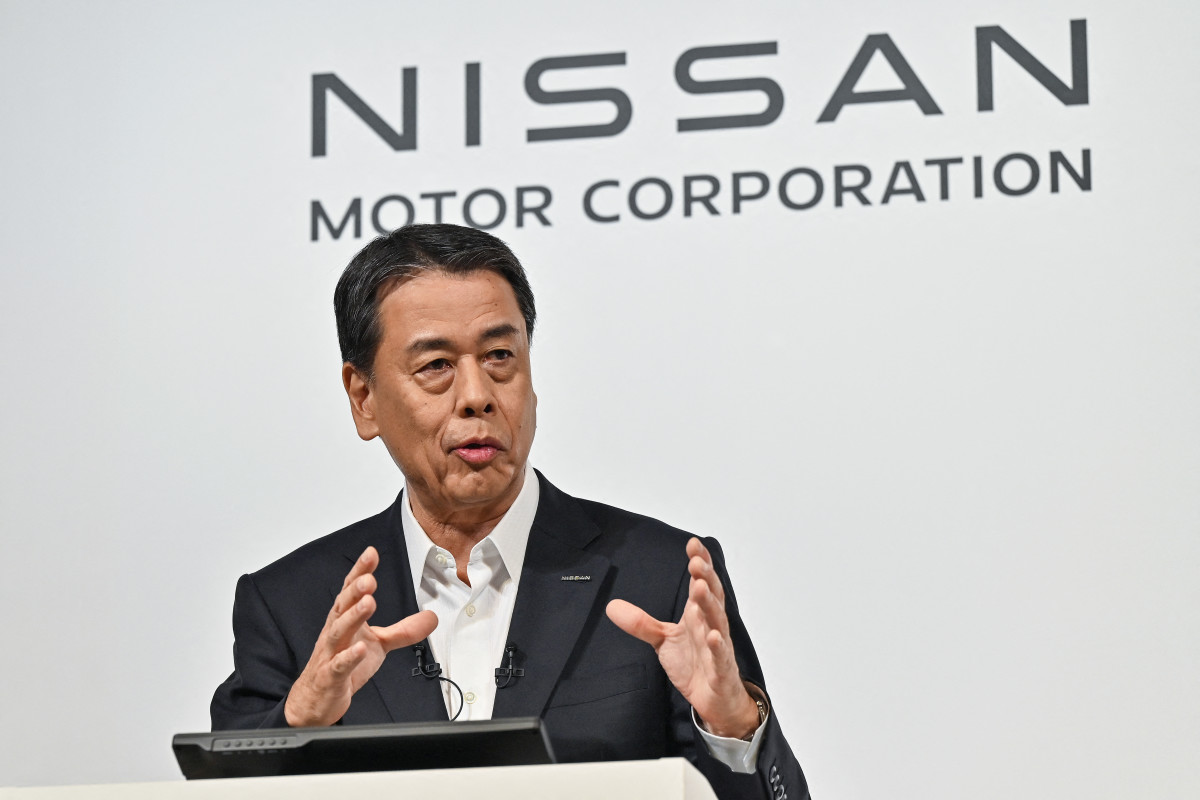Pope Francis has expressed his disapproval of the mass deportation plan introduced by U.S. President Donald Trump, which targets undocumented migrants in the country. The pontiff, known for his advocacy for migrants, emphasized that deporting individuals fleeing from conflict, poverty, and climate disasters could harm their dignity, leaving them vulnerable and defenseless.
Pope Francis’ Stance on Migration
In a letter addressed to U.S. bishops, Pope Francis condemned the forced deportations, calling them damaging to the dignity of migrants. He stated that the development of immigration policies should not prioritize the privileges of a few over the suffering of many, stating, “What is built on the basis of force, and not on the truth about the equal dignity of every human being, begins badly and will end badly.” The Pope urged the clergy to resist narratives that discriminate against migrants, emphasizing that such rhetoric only exacerbates the suffering of those seeking refuge.
Pope Francis has consistently advocated for policies that offer protection, integration, and support to migrants, emphasizing that countries should work within their capacity to welcome these individuals. His position underscores the importance of compassion and humanity in addressing global migration issues.
Venezuela Brings Home Undocumented Migrants Amid US Deportations
In the midst of these concerns, Venezuela has facilitated the return of nearly 200 undocumented migrants from the United States, even as the United Nations cautioned against forced returns to the country, which remains in political turmoil. Caracas sent two planes on Monday to bring these individuals back, signaling a desire to reset relations with Washington, which does not recognize Nicolás Maduro’s government.
However, the UN refugee agency, UNHCR, strongly opposed forced returns to Venezuela, reiterating that people under international protection should not be sent back to a country in crisis. UNHCR spokesperson William Spindler explained that the situation in Venezuela remains unstable, with political unrest intensifying after recent elections, and urged that deportations not be carried out.
Trump’s Immigration Crackdown and Its Impact on Venezuelans
Shortly after taking office on January 20, Trump reversed a key policy put in place by former President Joe Biden, which had granted roughly 600,000 Venezuelans in the U.S. protection from deportation. This policy protected individuals unable to safely return to Venezuela due to the country’s ongoing crisis, including political instability, economic collapse, and humanitarian disasters.
Trump’s decision to strip Venezuelans of this protection has raised concerns about the safety and welfare of those facing deportation. The UNHCR has repeatedly warned that forcibly sending migrants back to Venezuela could exacerbate their vulnerability in a country plagued by political and economic challenges.
Venezuela’s Response to US Deportations
Venezuelan President Nicolás Maduro has agreed to accept the return of deported migrants, with the promise of providing transportation and ensuring the return is carried out with dignity and respect for human rights. Despite international rejection of Maduro’s claim of victory in the 2024 elections, which were contested and deemed unfair by many nations, Maduro has remained firm in his stance of accepting migrants back, underscoring the importance of respecting their rights during the process.
Some of the deported migrants arrived with handcuffs that were removed before they disembarked. While some raised their arms in celebration upon returning, others expressed frustration over the treatment they received in the U.S.
In response to the deportation, Venezuela’s foreign ministry released a statement reaffirming its commitment to ensuring the dignity and human rights of all Venezuelans returning from abroad.
The Global Debate on Forced Deportations
This ongoing debate about deportations highlights a critical issue in global migration policies. While governments, like Trump’s administration, prioritize strict immigration enforcement, international organizations, including the Pope and UNHCR, continue to advocate for a more compassionate approach that upholds the dignity of all individuals, particularly vulnerable migrants.
The issue remains one of the most pressing challenges in international relations, with calls for policies that balance security with humanitarian concerns.




